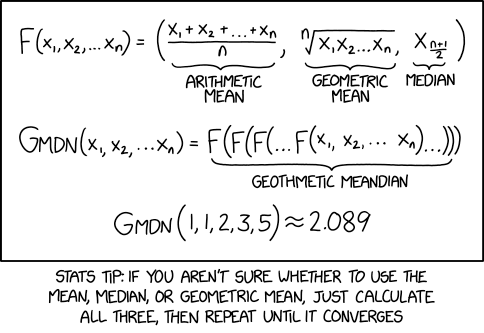
Antoine Luciano, Robin Ryder and I posted a revised version of our insufficient Gibbs sampler on arXiv last week (along with three other revisions or new deposits of mine’s!), following comments and suggestions from referees. Thanks to this revision, we realised that the evidence based on an (insufficient) statistic was also available for approximation by a Monte Carlo estimate attached to the completed sample simulated by the insufficient sampler. Better, a bridge sampling estimator can be used in the same conditions as when the full data is available! In this new version, we thus revisited toy examples first explored in some of my ABC papers on testing (with insufficient statistics), as illustrated by both graphs on this post.



 We have
We have 